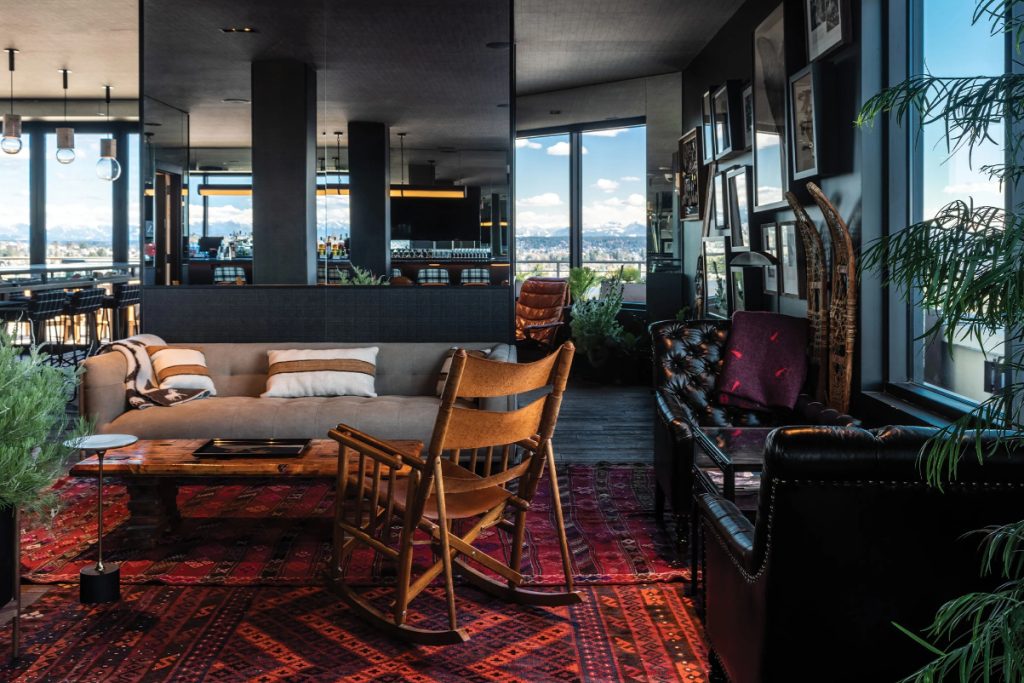Hilton Worldwide has announced its plans to double its current count of lifestyle hotels to 700 by 2028, with the appointment of Kevin Osterhaus as its new global lifestyle president to oversee the effort. The hotel group intends to open over 100 lifestyle hotels this year, bringing its total to over 400. This growth strategy is supported by its recent acquisitions of Graduate Hotels and NoMad Hotels. Osterhaus will be responsible for overseeing the growth, design, and development of Hilton’s lifestyle brands, including the Curio Collection by Hilton.
Andrew Zobler, founder and CEO of Sydell Group, will lead the NoMad brand and will be responsible for design, branding, and hotel management. Hilton’s chief financial officer and president of global development, Kevin Jacobs, will be in charge of leading future development. Lifestyle hotels are becoming increasingly popular and are expected to make up 23% of the hotel development pipeline worldwide by 2025. They typically have unique decor, such as local artwork, and often include amenities like cocktail bars or cafes. Over the past decade, lifestyle hotel average daily rates have seen a $33.60 premium over non-lifestyle hotel rates.
The STR accommodations sector stock index performance year-to-date shows the performance of hotels and short-term rental sector stocks within the ST200. This index includes publicly traded companies across global markets, such as international and regional hotel brands, hotel REITs, and hotel management companies. Lifestyle hotels are becoming a significant part of the hotel development pipeline, with more companies looking to invest in this sector to bring in higher daily rates. Hilton’s efforts to expand its lifestyle hotel portfolio reflect this trend and its commitment to capturing a larger share of this growing market.
By focusing on lifestyle hotels, Hilton aims to capitalize on the increasing demand for unique and boutique-style accommodations. The company’s recent acquisitions of Graduate Hotels and NoMad Hotels have positioned it for significant growth in the lifestyle sector. Osterhaus and Zobler will play key roles in overseeing the expansion of Hilton’s lifestyle brands, while Jacobs will lead future development efforts. With lifestyle hotels expected to continue to grow in popularity and profitability, Hilton’s strategic investments in this space are likely to pay off in the long run.
Overall, the rise of lifestyle hotels in the hotel development pipeline reflects a broader trend in the industry towards unique and experiential accommodations. Guests are increasingly seeking out properties that offer more than just a place to stay, looking for distinctive design, amenities, and experiences. Hilton’s plans to expand its lifestyle hotel portfolio align with these changing preferences and will likely help the company attract a diverse range of travelers seeking a more personalized and memorable hotel experience. As lifestyle hotels continue to gain traction in the market, Hilton’s strategic moves in this space position it well for future growth and success within the competitive hospitality industry.


